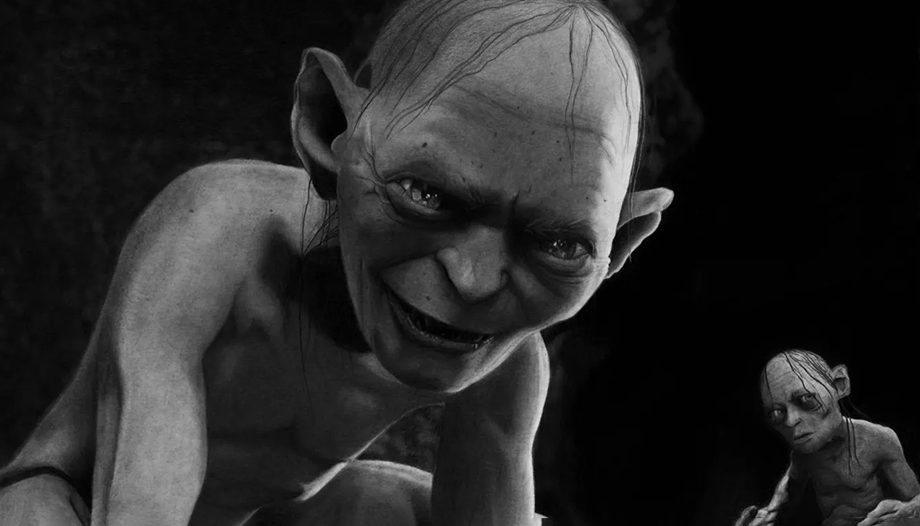We stake our lives on the answer we give to the big questions, those that, at least in the West, we have stopped asking ourselves. The meaning of life and the pressing sting of death are, without a doubt, the biggest questions that every human being and every culture has to resolve. How each person and each civilization responds to these questions is a matter of their own consistency. And I fear that the answers we are giving to these great questions are too weak to sustain us.
In our world we tend to look the other way so as not to consider the inescapable fact that we are going to die. Like the child who covers his eyes, imagining that if he does not see the problem it will not affect him, we fill our lives with fun and noise believing that, by not thinking about this reality, it will not affect us. But the heart is stubborn and demands an answer.
Deep down we need a reason to live. It is not enough to be promised that in the year 2030 we will be happy, even if we have nothing, or that we will live, thanks to technology, in a continuous Disneyland where we will not have to work and life will be just fun. Because, although a huge business has been built around it, fun does not fill the soul. It only entertains it.
So it is not surprising that the new gurus have rushed to promise us near immortality. 'The first person who will live 1,000 years has been born, according to a scientist,' read the headline of an article. The scientist making this claim is Raymond Kurzweil, author of 'The Singularity is Nearer'. He defends the idea that nanorobots and, in short, the union of biotechnology and artificial intelligence could allow human beings to live to be a thousand years old. Others even speak of attaining immortality.
Reading this reminded me of the old professor, Tolkienand the warning he gives us in his work, which, as he acknowledges, has death as its central theme and, along with it, the desire for immortality that man has in his heart. It is worth listening to him.
In their mythology there are two types of beings created by Eru. Elves, who are immortal, and men, destined to die. But death, as Tolkien conceives it, is not a punishment, but a gift from God himself. Let us hear the professor and teacher.
Death is not a consequence of the 'Fall'. A 'divine punishment' is also a 'divine gift' if accepted, for its goal is the ultimate blessing, and the supreme inventiveness of the Creator will cause punishments to produce a good not otherwise attainable, a mortal man has probably a higher, if unrevealed, destiny than a long-lived being. To attempt by some expedient or magic to regain longevity is thus the supreme folly and wickedness of mortals. Longevity or false immortality is Sauron's chief bait; he turns the small into a Gollum and the great into a wraith of the Ring. (Letter No. 212)
So it happened in Tolkien mythology. Sauron deceived men by introducing into their hearts the idea that death was a curse of Eru, of God. And he made them seek its substitutes, which were power and glory. And ultimately encouraged them to rebel against the Valar and go to take away the gift of immortality to the Blessed Realm itself.
In a society that does not believe in eternal life, the substitutes with which men will try to fill this void will emerge with force. Power and glory will be the highest aspirations of human beings, as the English writer warned us. And once again the usual charlatans will take advantage of the thirst of our heart to get rich. They will promise us immortality if, in the last instance, we strip ourselves of the limits that our weak corporeality offers us. That is the destiny of the new evolutionary step they promise us through transhumanism and this fusion of technology and biology.
But I fear that human beings are destined to become a shadow of themselves if they go down that road. As the Oxford professor warns us, the powerful will become spectres. We little ones will be destined to become like Gollum.
That is why I have no doubt that today we must speak more than ever of the revolution that the resurrection of the flesh entails, which completely fulfills the ultimate aspirations of our hearts and destines us to be ourselves, authentically human, in fullness.
To be or not to be Gollum or a specter. That is the dilemma we are faced with.
Resurrection in Christ, that is the answer.
Teaching Delegate in the Diocese of Getafe since the 2010-2011 academic year, he has previously exercised this service in the Archbishopric of Pamplona and Tudela, for seven years (2003-2009). He currently combines this work with his dedication to youth ministry directing the Public Association of the Faithful 'Milicia de Santa Maria' and the educational association 'VEN Y VERÁS. EDUCATION', of which he is President.









